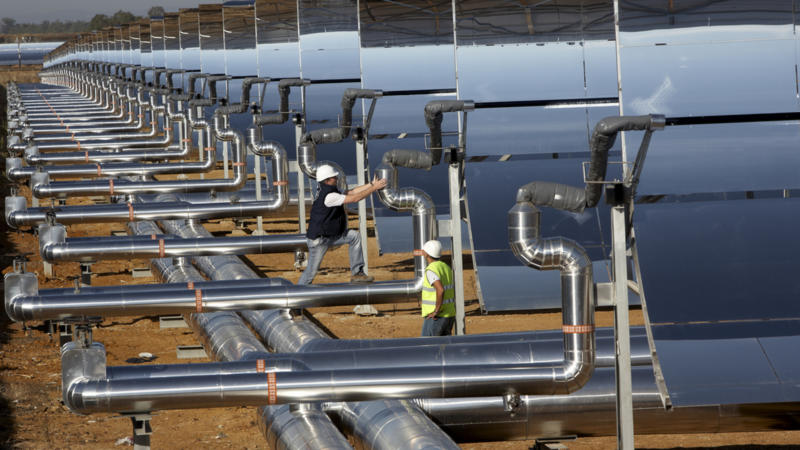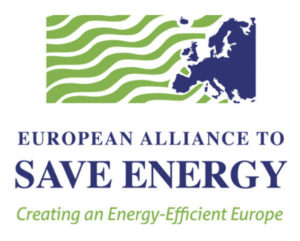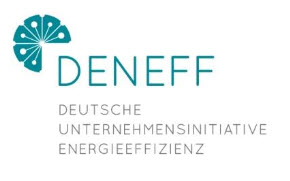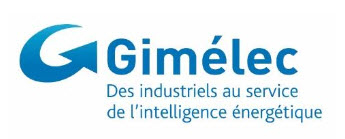French multinational corporation SAINT-GOBAIN joins the European Alliance to Save Energy
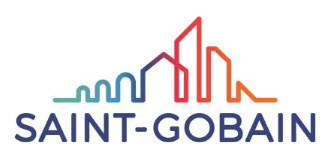
BRUSSELS – The European Alliance to Save Energy (EU-ASE) announced today that the French group SAINT-GOBAIN has joined the ten current industrial members of the Alliance.
“We welcome SAINT-GOBAIN, and we look forward to working with them” said Harry Verhaar, Chairman of the EU-ASE Board and Head of Global Public & Government Affairs at Philips Lighting. “SAINT-GOBAIN is a major industrial player and will strengthen our collective business voice and efforts to showcase energy efficiency as a solid business opportunity for Europe. Businesses need a clear and well-implemented regulatory framework to invest in Europe. The forthcoming review of major European Directives such as the EED and the EPBD is an opportunity to move in this direction.”
In a fast-changing political and economic environment, 2025 was a year of continued efforts to strengthen security, stability, and competitiveness for European businesses.
Throughout the year, our work demonstrated that energy efficiency is not only essential to achieving climate goals, but also a key driver of innovation, energy independence and sustainable long-term growth across Europe.
Strong engagement with policymakers, combined with the successful organisation of the 4th European Energy Efficiency Day, highlighted the importance of collaboration and dialogue in advancing shared objectives. Partnerships across sectors and institutions remained central to delivering impact and shaping effective energy policies.
Looking ahead to 2026, we will intensify our efforts to secure the regulatory certainty that can accelerate the energy transition, while providing businesses with the investment confidence they need and strengthening Europe’s competitiveness.
Read the full Activity Report here.


